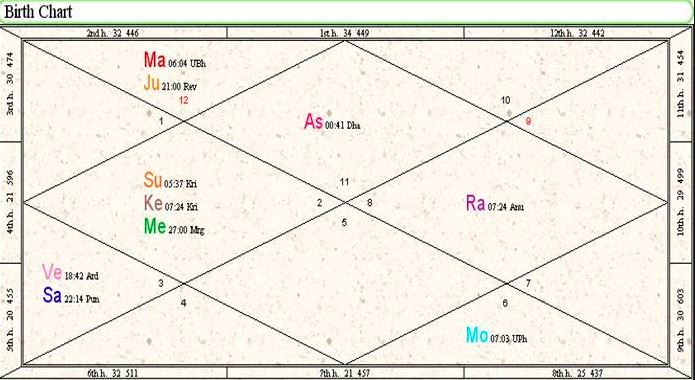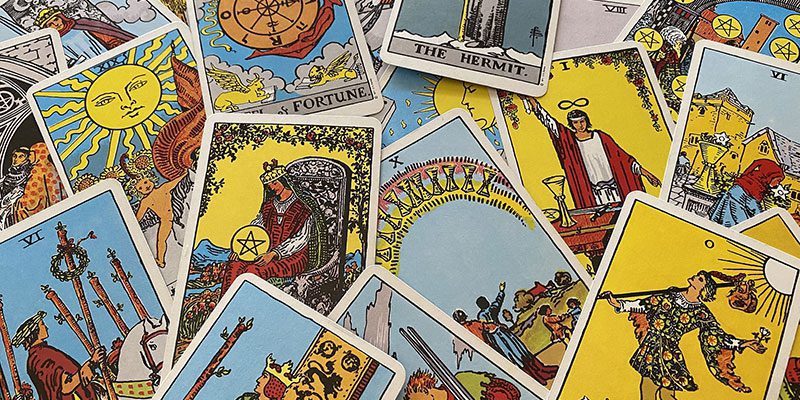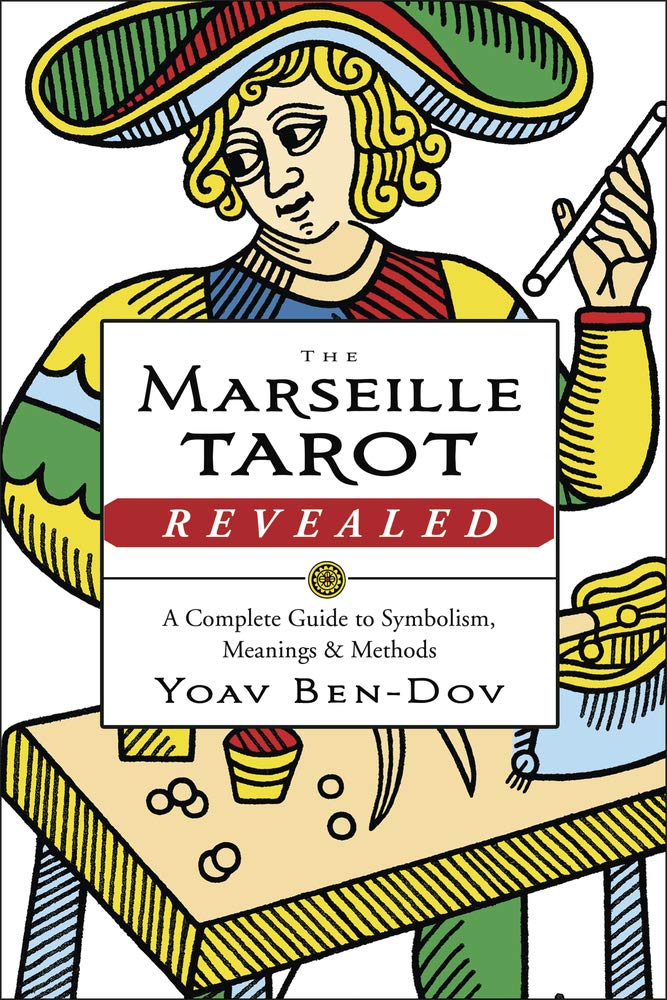
There are several methods to read tarot-cards. Cartomancy is the first, which literally means "reading with cards". A tarot reader asks questions and draws the cards to answer them. This method is used to gain insight by psychics or astrologers.
Methods to read tarot Cards
There are many options for reading tarot cards. Each method has its merits. At the beginning, it's important to remain open-minded and avoid any personal biases when reading tarot cards. To help you interpret the cards, you can use a guide. You will begin to recognize patterns in the meanings of cards as you become more proficient at reading them.

You can read tarot card cards by first shuffle your deck and then flip it over so that the correct side is facing you. You can also use spreads to tell a tale. Spreads combine different cards. You can read more detail if you have more cards. This method is not for everyone.
Major arcana
Many people interpret the Major Arcana in different ways when they read tarot card cards. Some readers pull cards in an undetermined order. Others set an intention for each card's meaning. Some readers take into consideration the locations of the Major Arcana card. If a Fool is placed in the future action section, it might be an indication that something needs to change.
Major Arcana cards often reflect life's lessons and themes. They can also provide insight into karmic influences. They are vital and can have a lasting impact on one's entire life. The Major Arcana cards have deep and complex meanings. They symbolize the human consciousness structure and offer many lessons.
Reversals
You have probably noticed that many tarot readers see reverses when reading cards. It is an odd phenomenon and can make it difficult to know if you are correct in your interpretation of the tarot. There are several ways to interpret reversed cards correctly.

It is possible to correctly interpret reverses by looking at them as the opposite to the upright position. Reversals can indicate either an active state or an energetic activity. This information can be used to help you interpret the meaning of a card.
FAQ
What types of hobbies are suitable for introverts?
Introverts can concentrate on one thing at the same time. They like solitude activities such as reading and writing, listening to music and watching movies.
They also like to be alone. However, they do not enjoy socializing all day long. In fact, they can often be bored when surrounded with people.
Introverts are often drawn to hobbies that require solitude. You might find them reading books, listening, playing music, taking photos, writing poetry or painting.
Introverts may even prefer to live alone. They are able to concentrate on their hobby while not being distracted by other activities.
What are some great hobbies?
It's the hobbies you are most passionate about that make you happy. If you love what you do then you'll find it much easier to keep going. If you don't feel well or tired, you will always have an excuse!
There are many hobbies that we all enjoy: gardening, painting and crafts; photography; cooking; sports and games; reading music and film-making; collecting; cycling, walking, dancing and writing; playing instruments and other musical instruments.
Another option is to volunteer at a local charity shop.
If you're looking to do something more adventurous, Why not take up scuba diving, rock climbing, sky diving, bungee jumping, white water rafting, sailing, surfing, canoeing, kayaking, horse riding, zip lining, hang gliding, paragliding, skydiving, snowboarding, skiing, mountain biking, hiking, camping, fishing, hunting, archery, shooting, clay pigeon shooting, target shooting, golf, tennis, swimming, snorkeling, windsurfing, waterskiing, kitesurfing, wakeboarding, standup paddle boarding, hang gliding, parasailing, hot air ballooning, paragliding and many more.
There are many unique ways to spend time in the outdoors, whether you're looking for adventure or a more traditional way to do it. These include caving, cliff diving, cave tubing, abseiling, sea kayaking, rafting, canoeing, climbing, trekking, bushwalking, mountaineering, backpacking, trail running, orienteering, off-road driving, quad biking, motorcycling, motorcycle riding, dirt bike riding, jet boating, hang gliding, hang gliding, parachuting, hang gliding, heli-skiing, ice skating, snowmobiling, snowshoeing, snowshoeing, cross country skiing, downhill skiing, telemark skiing, ski touring, sled dog racing, snowboarding, snowkiting, snowmobiling, spelunking, snowshoe hiking, snowshoeing and many more.
Is it possible make a living from a hobby?
Not necessarily.
However, if you're interested in creating a business based on your hobby, then you could definitely end up being wealthy.
Let's assume you like cooking. You love healthy food and decided to open a restaurant.
You serve only organic meals made from scratch and charge customers a small fee to cover the costs of ingredients and labor.
You will eventually be able to grow your client base and hire people who are willing to work with you.
You may eventually add vegan dishes and gluten-free options to your menu.
In this situation, you have a successful business which has allowed you the freedom to lead the lifestyle that you want.
However, you don't have to quit your day job.
You could also run your restaurant, while still maintaining your 9-5 job.
What are the best ways to find a hobby?
It can feel overwhelming to start your search for a hobby when you first begin.
You're likely thinking, "I can't be very artistic" or "I have no idea what I'm doing."
The truth is that you likely already have a lot experience in your chosen hobby.
It's simply that you haven’t yet realized it.
Take a look at the contents of your home. What amount of stuff do you have?
Do you have any old toys lying around that could be used?
Perhaps you have a collection.
You might have always wanted the ability to cook.
Perhaps you just want to pick up the guitar again.
Whatever your hobby, it's possible to make it a hobby.
Realize that you have many experiences already.
You will find a hobby you love once you have it.
What are observation hobbies exactly?
Observation hobbies are activities where you observe people doing what they do. It could be reading, watching sports or going on holiday. It could also include observing others.
Observation hobbies are great because they help you learn how to think creatively. This knowledge can be used later to help you with projects that you are working on for others or yourself.
It will be easier to learn about something if you are interested in it.
For instance, if football is something you are interested to know about, you can watch the game or read a book. You could visit or take part in exhibitions if you are interested in learning more about photography.
You could also buy a guitar or play along online to music if you are a musician.
You can cook your own meals, or you could go to a restaurant.
If gardening interests you, you could plant vegetables or flowers.
You can take a dance class, or just go out with your friends if dancing interests you.
If you enjoy painting, you might paint pictures.
Writing poetry or stories is a passion if you are a writer.
You might enjoy drawing pictures, if you are a good artist.
If you have a passion for animals, you might be able to look after them or work in a zoo.
You could choose to study biology, maths, chemistry, or physics if you are interested in science.
History is something you might enjoy if you read books, watch movies, or listen to podcasts.
If you enjoy travelling, you might consider exploring your local area or traveling abroad.
What are collection hobbies?
Books, movies music, comics and video games are some of the most popular collections.
Also, you can collect anything: stamps, coin to cars, dolls to action figure to model kit to figurines to art materials to tools to cook utensils and jewelry to watches to jewellery to appliances to clothes to furniture or antiques to...
You get it?
What are your favorite hobbies right now
Popularity isn’t always a positive thing. Popularity can often be used to excuse mediocrity. Most people don’t have the time to pursue any hobbies they desire. They are too busy working to make ends meet. So what should you do if you don't have much free time? You could open a business.
This isn’t easy. There are many obstacles that must be overcome before you can realize your vision.
So if you're looking for something more exciting than running a business, you should consider pursuing a hobby.
Hobbies can be more than just creative pursuits. There are many hobbies. These include:
-
Gardening
-
Cooking
-
Photography
-
Reading
Statistics
- Studies show that just six minutes of reading can reduce stress levels by 60 percent. (oberlo.com)
- 37% Video Games 36% Travel 36% Health and Fitness (quizexpo.com)
- A new survey by Pew Research Center of teens ages 13 to 17 finds that 36% of girls feel tense or nervous about their day every day; 23% of boys say the same. (pewresearch.org)
- In comparison, men in the “no humor” condition were refused 84.6% of the time and were only accepted 15.4% of the time. (time.com)
- Much of this decline reflects the fact that teens are less likely to work today than in the past; among employed teens, the amount of time spent working is not much different now than it was around 2005. (pewresearch.org)
External Links
How To
How to Learn a Musical Instrument
There are many different ways to learn how music is played. You could either go to a school, buy a book, take lessons from someone who plays an instrument, watch videos online, etc. However, if you decide to find your own way to learn, here are some tips and tricks that might help you out.
-
Find something that interests you. If you don't like any of the instruments you see around, then you should try another one. It would be hard to get into playing an instrument if you don't enjoy doing it.
-
Be patient. It takes time to learn anything new. You don't have to learn everything in one go. Instead, you should continue practicing every day.
-
Practice regularly. You can do this even when it is hard. This will help you remember what you've learned.
-
You should choose a comfortable place to practice. The ideal place to practice is one that is quiet and won't be disturbed by anyone else. You should also make sure there aren’t any distractions. It is best to avoid listening to loud music nearby.
-
Have fun. Music is meant to be enjoyed. Have fun with your practice. You'll be more motivated to practice if you enjoy yourself.
-
Set goals. If you set goals, then you will know exactly how you want to get there. Failure is not an option.
-
Keep track your progress. Notate all of your achievements and failures. Doing so will help you improve over time.
-
Take breaks. Sometimes you just need to take a break. Take breaks to allow you to reflect on things.
-
Ask questions. Ask questions. They may be in a position to assist.
-
Listening can teach you a lot. Many musicians love to listen to and imitate songs. This helps them understand basic concepts behind the song.
-
Read books. Watching videos or taking classes will not teach you as much as reading books. Books often contain information you can't find elsewhere.
-
Join a band. Playing with others will force you to practice more. Plus, you'll meet people with the same interests as you.
-
View tutorials. Tutorials are short videos which explain many topics in great detail. These tutorials usually concentrate on one particular aspect of an instrument. These tutorials will help you to understand the more difficult parts.
-
Different methods are possible. Some people prefer to learn via lectures while others prefer to read. Keep trying until you find your preferred method.
-
Practice makes perfect. The truth is that nobody becomes an expert overnight. You must work hard to become proficient enough to do well.
-
Begin a group of musicians. Listening to your fellow musicians perform their favourite songs can help you learn quicker.